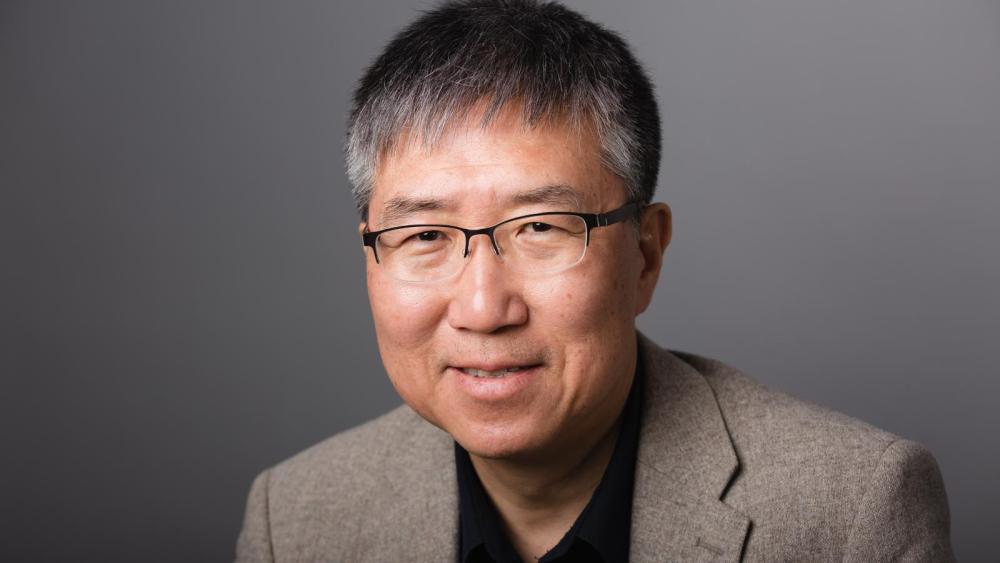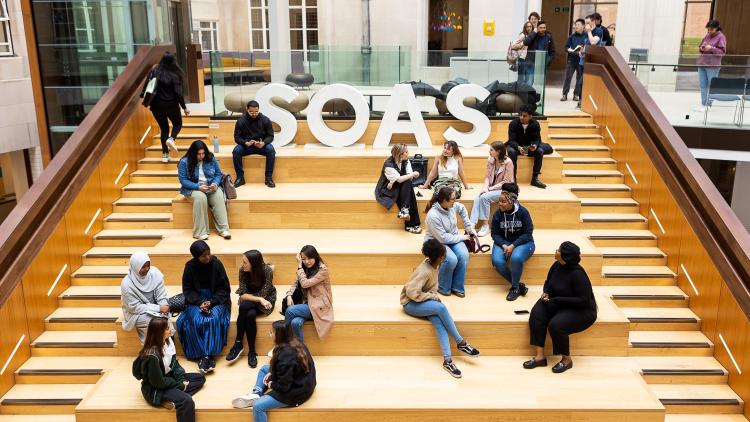Economics, pluralism and democracy: An interview with Ha-Joon Chang


DLD Co-Director, Ha-Joon Chang was invited to give a lecture at the University of Helsinki by the project “Rethinking the Serviceability of Economics to Society”. Following his talk, Teemu Lari interviewed him on the topic of ‘Economics, pluralism and democracy’ for the Erasmus Journal for Philosophy and Economics.
The discussion was fascinating, covering Chang’s personal intellectual history, his views on pluralism and the role of economists in politics. There are also plenty of music and food analogies to bring concepts to life.
Here are some quotes from the full interview to whet your appetite.
Personal intellectual history
“There were all these huge changes, positive and negative, happening [in Korea]. And the professors taught us these abstract models. Not even dynamic models but equilibrium economics devoid of structural change, social conflicts and all the other things that were important. I and many of my friends just couldn't take it seriously.”
“And then when I moved to Cambridge, I got exposed to yet more schools…... There my appreciation of the diversity of economics and the respective strengths and weaknesses of different schools grew even further.”
The role of economics (and economists)
“As I point out in 23 Things They Don’t Tell You about Capitalism, if you look at those government officials who created the so-called East Asian economic miracle, in Japan they were almost entirely lawyers by training. Korea had some economists. But until the early 80s or so, they were predominantly lawyers by training. Then in Taiwan and later in China, all the leading economic bureaucrats were scientists and engineers. Looking at this reality, I came to ask: if economics was not very important in creating one of the biggest economic transformations in human history, then what is it doing?”
“When I tell people that economics is not—and cannot be—a science, I tell them that studying society made up of individuals with free will, imagination, moral standards, political views, and so on, you cannot predict behaviour in the same way that you can predict behaviours of natural things. After all, subatomic particles do not say ‘Well, the other particles behave in this way, but I'm not going to do it because I think it's ethically wrong’”
“ I define economics as the study of the economy. To put it very simply, how we produce, exchange, consume, and these days waste, our goods and services…..
I think the belief that you can define a subject in terms of methodology is very problematic because the methodology itself is not value-free.”
“So, in the end, even though neoclassical economists might think they are just arguing for a logical and verifiable way of looking at the world, actually what they are doing is defining logic, data and theory in very particular ways.”
Pluralism
“I want the pluralism which recognizes all the potentially useful approaches to economics as legitimate and recognizes their relative strengths and weaknesses. This kind of pluralism will also require that different schools try to learn from each other. For me, that's intellectual pluralism and that's what I argue for. It's not like just ‘live and let live’ or just allowing minorities to exist. Nor is this the ‘I disagree with you, but I respect your right to be different’ approach, which I called ethical/political pluralism.
I'm not saying that those types of pluralism are wrong or irrelevant. But for me, true pluralism exists only when you have complete intellectual openness and humility to accept that you don't have a monopoly over truth. True pluralism means that we recognise that there are different kinds of respectable ways of doing research in economics. And most importantly, it would mean that different schools of economics learn from each other.”
Economics and democracy
“People need to understand that there are different economics theories which are good at different things and which, even when they are looking at the same problem, give different answers. There is no single best answer.”
“Saying that economists should also determine how the country should be run would be like saying that the plumber should dictate how the house is designed (six bathrooms, one living room, three sinks in the kitchen, etc.). Plumbing is absolutely important for hygienic and comfortable life, but that does not mean that plumbers should decide how to design and build the house.”
Header image credit: Clint Adair via Unsplash.



